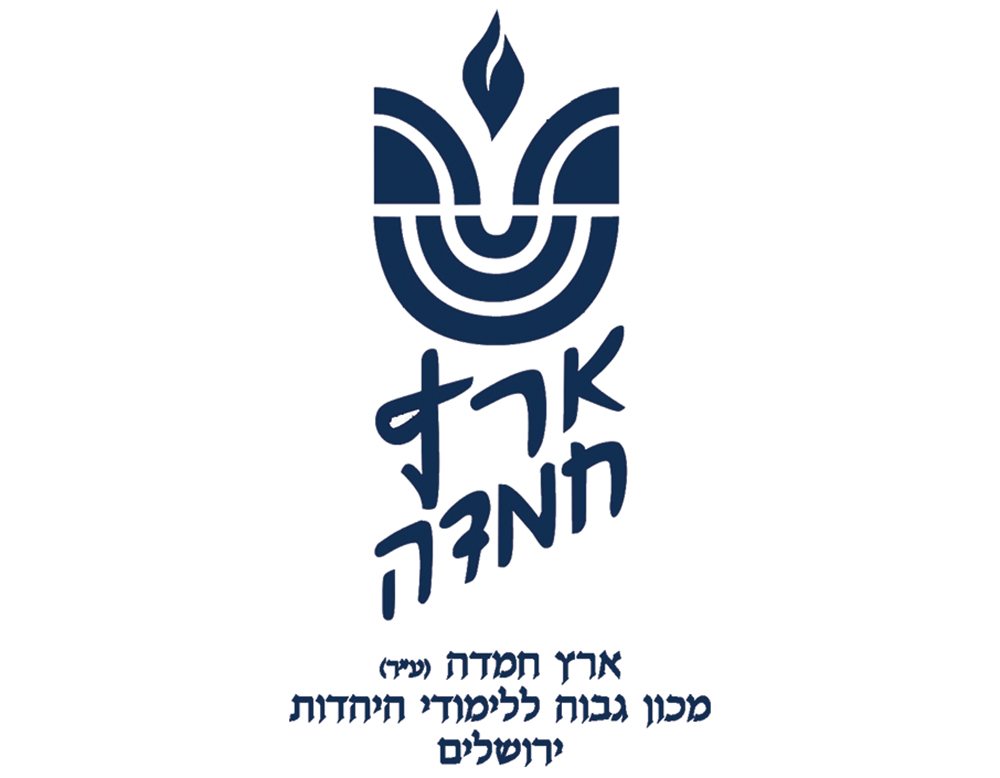
לעילוי נשמת
יואל אפרים בן אברהם עוזיאל זלצמן ז”ל
Question: I (a religious doctor) am often consulted about those who cannot fast for all of Yom Kippur. Is there a halachic preference for such people to start eating/drinking earlier “with shiurim” (small installments) or to wait longer, but then necessarily have the amount of full “violation?”
Answer: The Shulchan Aruch (Orach Chayim 618:7, based on Kritot 13a and Yoma 83a) rules that those who need to eat on Yom Kippur should eat less than the amount (within the given time) that fully violates the fast.
However, some Acharonim questioned whether slower is always better, i.e., when in order to eat slowly, one must start eating earlier than one would need to if he could eat normally. This question relates to other cases of a choice between allowing forbidden things before they are critical, in order to avoid the need for a “bigger” allowance later. The Sdei Chemed (volume IX, page 121) brings a machloket Acharonim if one should fast on Tzom Gedalia, if it will prevent him from fasting on Yom Kippur. He connects this to the machloket (see Baer Heitev 90:11) whether a prisoner who received permission to be visited by a minyan should take the first opportunity or wait for the most significant one. A closer parallel case is whether one who will be allowed to do melacha on Shabbat because of pikuach nefesh, but can preempt the need by doing so on Friday, which is Yom Tov. The Netziv (Harchev Davar, Bamidbar 17:12) opts to violate the less severe Yom Tov, before it was necessary. However, some disagree with this approach (see Torat Hayoledet 50:(14)).
A few halachic questions influence applying these rules to our case: 1) When we say that one who eats less than a prohibition’s shiur still violates a Torah prohibition (Yoma 73b), is it a similar-level prohibition other than regarding punishment (see Encyclopedia Talmudit, “Chatzi Shiur,” ftnt. 18-20) or is the prohibition of a vastly lower level (see Tosafot, Shavuot 23b)? 2) Does one who eats small amounts remove himself from the status of fasting (veinitem) (Pri Megadim, MZ 612:4), or is he still considered fundamentally fasting (see Binyan Tzion 34; Shemirat Shabbat Kehilchata, 5760 ed., 39:(92))?
While there are respected poskim who rule to delay the eating until needed—at the price of eating more than a shiur later (see Torat Hayoledet ibid.)—the standard approach is to eat with shiurim (Igrot Moshe, Orach Chayim IV:121; Shemirat Shabbat Kehilchata ibid.). This is the clear minhag (this is what Matnat Chaim’s posek recommends for recent kidney donors). It is also the clear implication of classical poskim’s acceptance, without stipulations of the Shulchan Aruch’s rule (above) of eating with shiurim. After all, it is rare to be able to eat with shiurim, but not be able to wait, say, a half-hour longer if he can then eat regularly!
What we can briefly explore is whether there are rare cases when it makes sense to delay breaking the fast. First, realize that it is difficult to give an exact time in the morning to wait until, but the night is a good breakoff point; the average person (not everyone) who cannot fast, can wait until the morning. Also, healthy people who must not fast as a precaution based on worst-case scenarios might be exceptions. If the danger can come unnoticed until it is too late (like for those with kidney problems or diabetes), standard rules apply.
But, for example, the Shevet Halevi (VII, 81) ruled that soldiers who will be active outside for too long to fast should wait until they need to drink, for two reasons: if plans change, the need to drink never came to fruition; they should not drink when they lack a status of a potential endangered choleh (see Kiryat Sefer, Maachalot Assurot 14). Also, when there is a clear trigger/sign (e.g., weakness, nausea), and there is sufficient time afterward to remedy the situation without danger, those who prefer waiting have a solid argument. However, doctors and rabbis will agree that it is usually easier and safer to give clear guidelines to start earlier rather than later; that is the proper strategy for any borderline case.
This column is written by Rabbi Daniel Mann on behalf of the Eretz Hemdah Institute in Jerusalem, which trains dayanim and has many projects on behalf of klal Yisrael, including its “Ask the Rabbi” service in conjunction with the OU. Rabbi Mann is a dayan at Eretz Hemdah, a senior member of the “Ask the Rabbi” project, and author of its “Living the Halachic Process” series. He is also a Ram at Yeshiva University’s Gruss Kollel in Israel.







